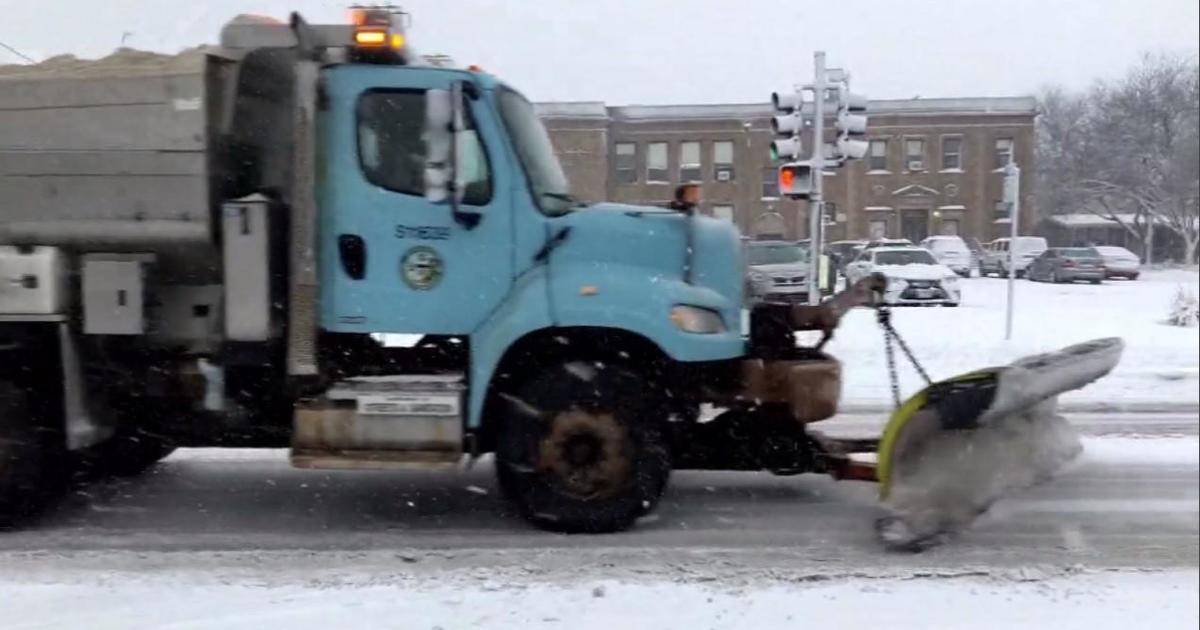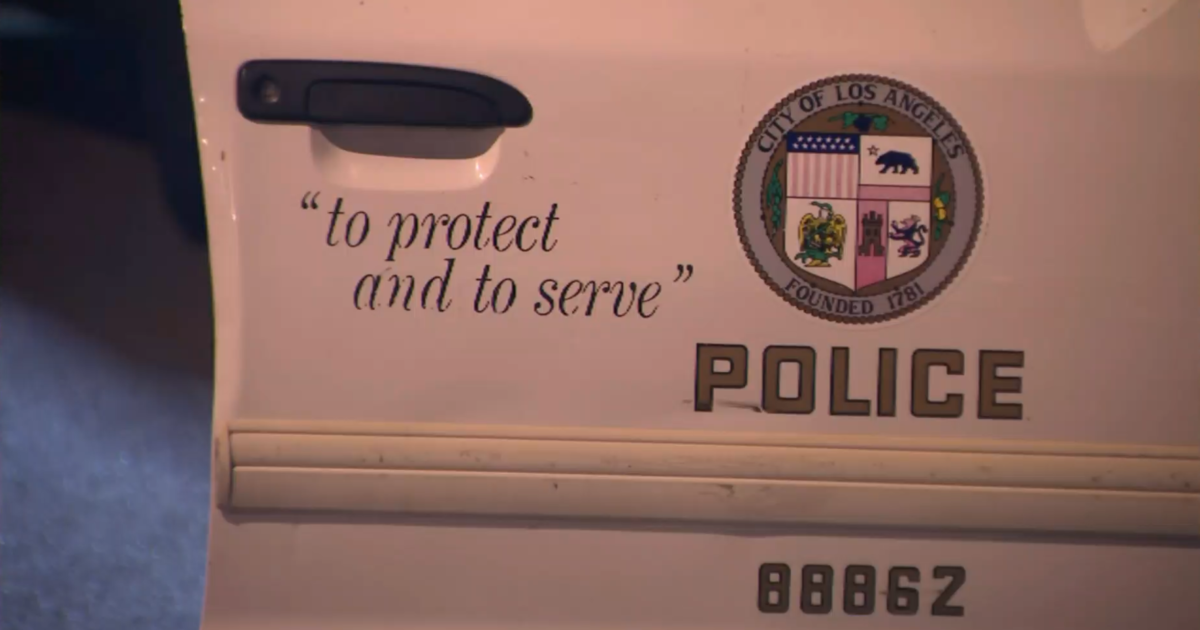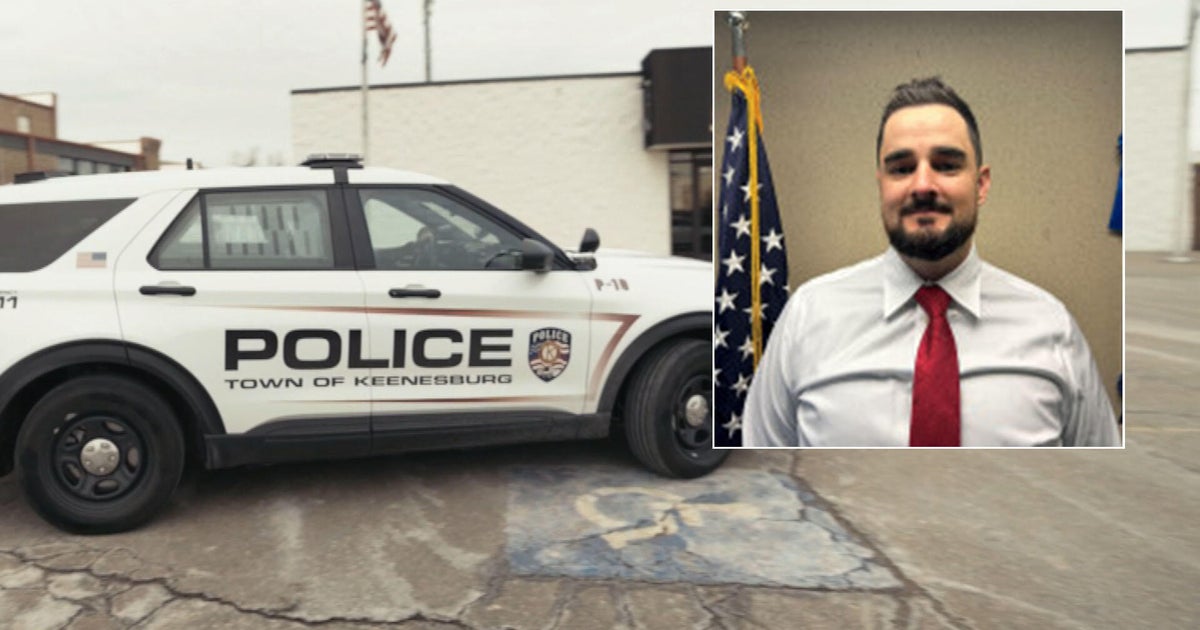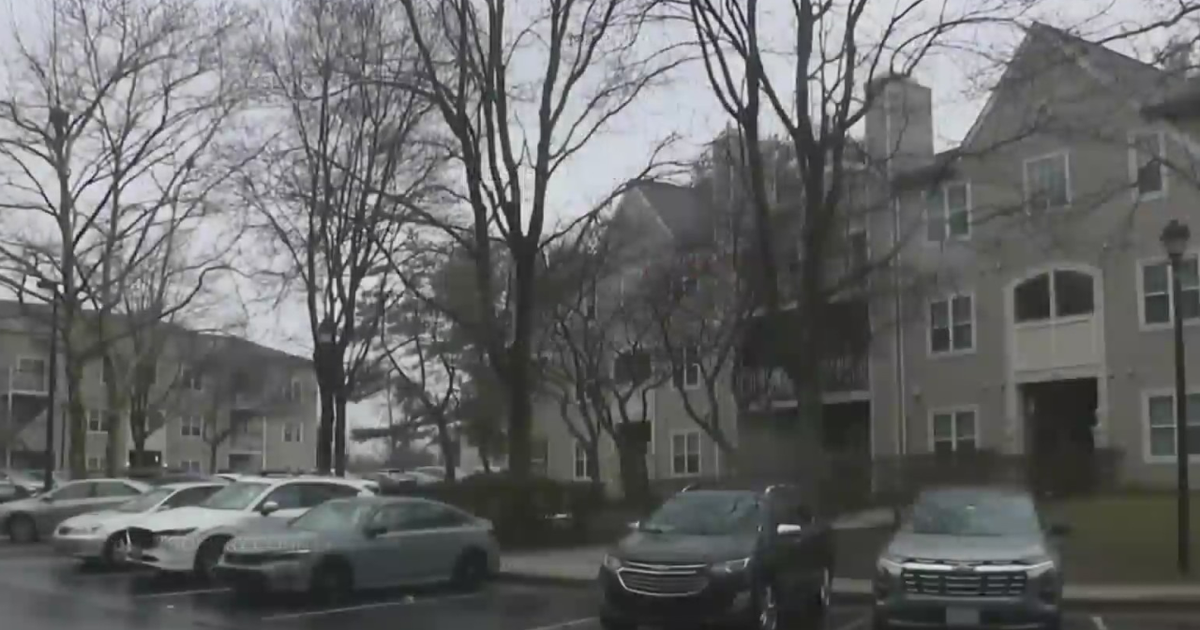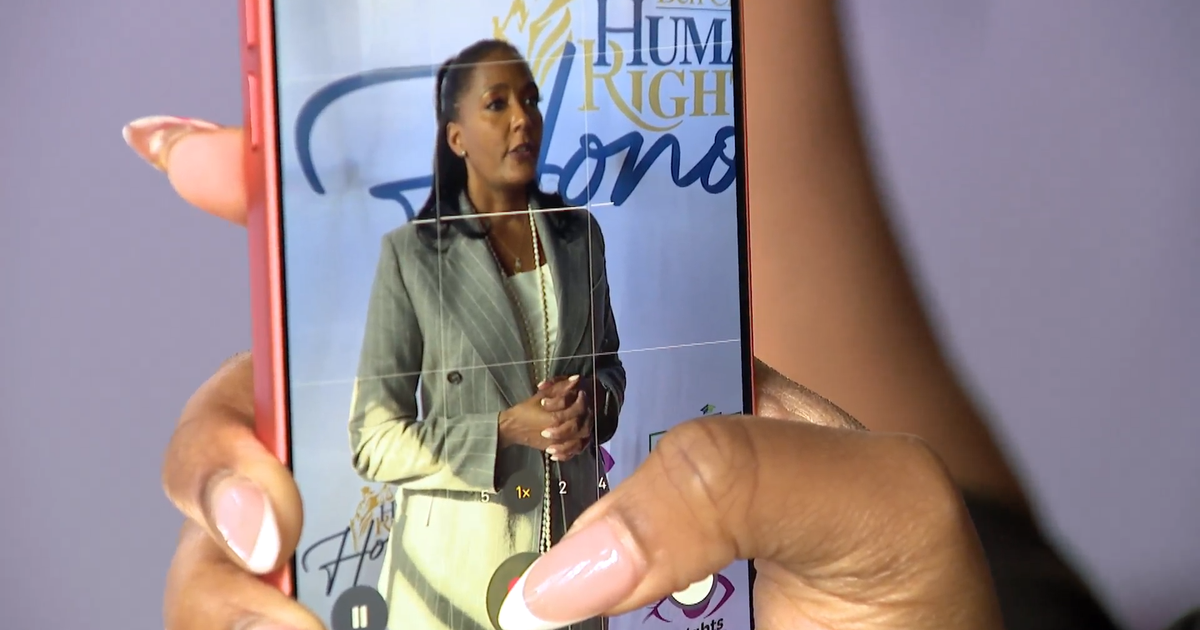ACLU: Chicago Stop-And-Frisk Tactics Outpace New York
CHICAGO (CBS) -- A new study by the American Civil Liberties Union has revealed Chicago police are among the nation's leaders in the use of the controversial "stop-and-frisk" practice, leading even New York.
Until the mayor and courts put a stop to it, New York was known for its aggressive stop-and-frisk tactics, in which police officers stop and question a pedestrian, and frisk him or her for weapons or other contraband.
Now, according to the ACLU, Chicago police officers are doing the same thing on a routine basis. According to a report the ACLU will unveil Monday, Chicago police made 250,000 stops that did not lead to an arrest last from May to August last year – more than four times the number in New York during the height of its use of the stops, during the same four months in 2011.
"You're stopping and frisking a lot of innocent people, with very little productive outcome," said ACLU Illinois legal director Harvey Grossman.
The ACLU said African-Americans have been singled out for such searches, and the justification for such stops often fails to meet constitutional standards.
African-Americans accounted for approximately 72 percent of those stopped, while the city's population is only 32 percent black, according to the ACLU report. Hispanics and whites made up 17 percent and 9 percent of the stops, respectively, while they make up 29 percent and 32 percent of the population, respectively.
The study concluded police were far more likely to stop and frisk people in predominantly black neighborhoods. Even in white neighborhoods, blacks were far more likely to be targeted, the ACLU said.
Grossman said there's no evidence the Chicago Police Department's use of stop-and-frisk tactics had any connection to a drop in crime in 2014.
"I don't think that the city's in a position to show causation; the direct relationship between massive stop-and-frisks and a declining crime rate," he said.
Podcast
Grossman said the ACLU might file a lawsuit, as happened in New York and other cities, unless the city agrees to changes – including better record keeping, and regular training of officers on the proper use of the practice. However, he said he's not optimistic about reforms under Police Supt. Garry McCarthy, who also used stop-and-frisk in New York.
The ACLU said the stops don't make people safer, they simply drive a wedge between police and the public.
"You no longer think of police as Officer Joe Friendly anymore if you get stopped, and have someone shove their hands down your pockets," Grossman said.
McCarthy didn't mince words while responding to the ACLU report.
"We stop people based on crime complaints, not based on population demographics," McCarthy. "The suspect crime data matches up almost exactly with the demographics of our stops in those neighborhoods.
The ACLU reports says some of that data is hard to gather because officers don't provide enough information on the contact cards they submit documenting their stops and that greater transparency is needed to re-gain public trust.
The report also recommends that officers issue a receipt with their name as well as the time, place and reason for the stop, so that if a person wants to complain about the encounter, they'll have the information.
A police spokesman told the Chicago Tribune the department flatly prohibits racial profiling and other discriminatory policing.
